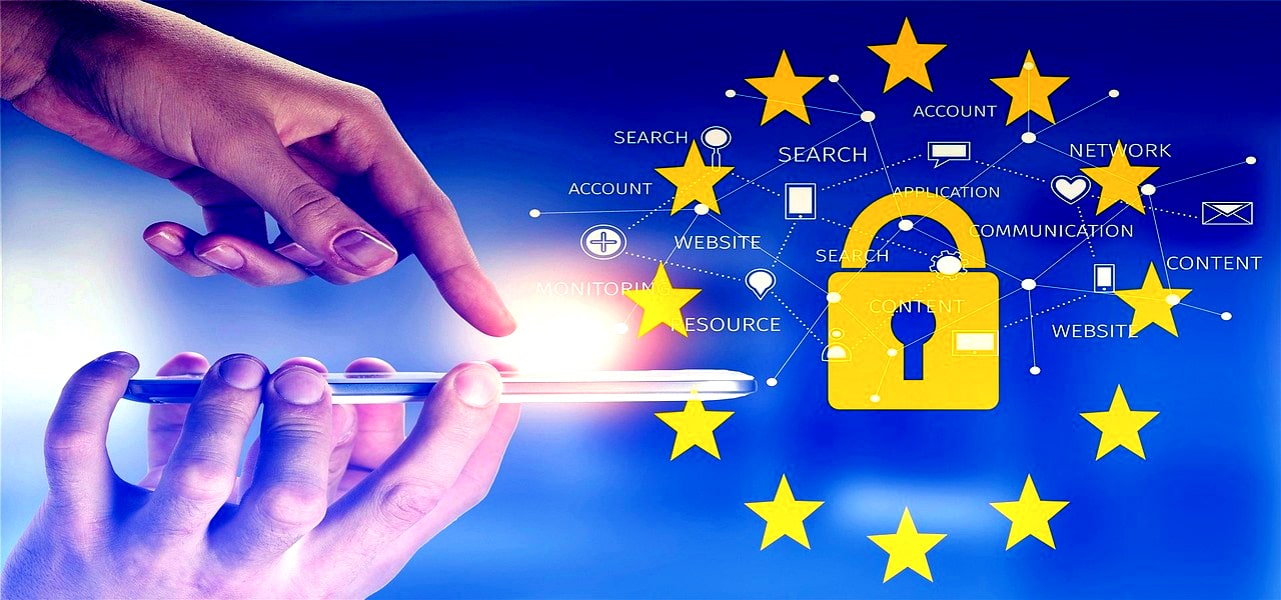Know about your rights as a domainer in the EU and how to ensure that you can protect your personal information when registering domains with domain registrars.
If you are a domainer living in the European Union (EU), you should be aware of your rights when it comes to domain registration and the General Data Protection Regulation (GDPR). The GDPR is a regulation that came into effect in May 2018 and is designed to protect the privacy of individuals in the EU. It applies to any organization that collects or processes personal data of individuals in the EU, including domain registrars.
Under the GDPR, domain registrars are obligated to offer free whois privacy protection to EU residents. Whois privacy protection is a service that hides your personal information from the public whois database. This includes your name, address, phone number, and email address. Whois privacy protection is important for domain owners because it helps protect them from spam, phishing, and identity theft.
Unfortunately, some domain registrars will hide the option to enable free whois privacy protection in their site control panel to make you pay for it. If you are a domainer in the EU and you don’t see the option to enable free whois privacy protection in your registrar’s control panel, don’t panic. The option may be hidden, but it should still be available to you.
To find the option to enable free whois privacy protection, you should first check your registrar’s website for information on their GDPR compliance. Many registrars will have a dedicated GDPR page on their website that explains their compliance with the regulation. If you can’t find any information about GDPR compliance on their website, contact their support team and ask them about it.
If you still can’t find the option to enable free whois privacy protection, you can file a complaint with your registrar or report them to the relevant regulatory authority. Under the GDPR, non-compliance can result in hefty fines, so most registrars will want to avoid any legal action.
It’s important to note that the GDPR only applies to individuals who are residents of the EU. If you are not a resident of the EU, you may not be eligible for free whois privacy protection. However, many domain registrars offer whois privacy protection as a paid service, so you can still protect your personal information if you are concerned about privacy.
So, if you are a domainer living in the EU, you should be aware of your rights when it comes to domain registration and the GDPR. Domain registrars are obligated to offer free whois privacy protection to EU residents, so if you don’t see the option to enable it, don’t hesitate to contact your registrar and ask about it. If they refuse to comply, you can file a complaint or report them to the relevant regulatory authority. Protecting your personal information is important, so make sure you take advantage of the free whois privacy protection that is available to you.
Question: Have you ever had difficulty finding the option to enable free whois privacy protection for your domains? If so, how did you handle the situation?

